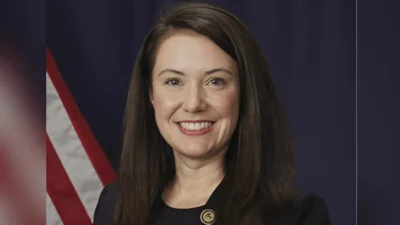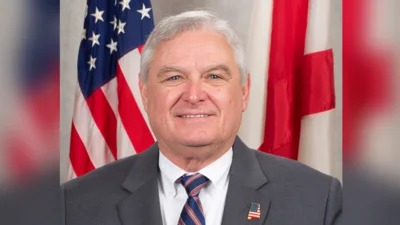University of Alabama issued the following announcement on Sept. 4.
Following a year of community engagement and assessments of health and rehabilitation services across rural Alabama, a University of Alabama-led team of researchers is ready to implement a robust opioid prevention, treatment and recovery network in the state.
The Health Resources and Services Administration awarded UA researchers $1 million for the Greater Rural Opioid Wellness in Alabama Project, or GROW Alabama, which aims to connect healthcare providers, emergency services and community members to deliver opioid education, resources and outreach.
GROW Alabama will target Franklin, Marion, Winston, Lamar and Fayette Counties, areas identified by HRSA as “high-risk” for opioid-related mortality or morbidity, said Dr. Hee Yun Lee and Dr. Josh Eyer, UA researchers and co-principal investigators for GROW.
Since mid-2019, UA’s multidisciplinary research team has executed the first stage of the project, a planning grant from HRSA to identify gaps in services and urgent needs to address in GROW Alabama, a three-year project already underway.
Opioid abuse and misuse are nationwide crises magnified in Alabama, which in 2018 had the highest opioid prescribing rate in the country – a rate that has declined in recent years but is nearly twice the U.S. average – according to drugabuse.gov.
GROW Alabama’s green light comes at a pivotal time, as COVID-19 has had a particularly devastating impact to those suffering from opioid use disorders in the state, according to Dr. Matthew Hudnall, associate director of the Institute of Business Analytics at UA and a co-principal investigator for GROW Alabama. Hudnall said opioid-related emergency room visits statewide increased by by 81% from the end of January through July.
Lee said her team has a true pulse of rural communities after extensive interviews, surveys and focus groups. Additionally, the 12-member consortium developed over the last year includes a variety of community leaders, including CEOs and executive directors of community agencies and clinics.
“Health care professionals all talk about needing ongoing education for their profession,” Lee said. “Currently, there’s no ongoing education about how to work with opioid-addicted people; health care workers go to a once-per-year conference, and that’s it.
“Additionally, we learned that healthcare professionals want peer recovery specialist education for community members, who can help lessen the stigmas around opioid use.”
Peer recovery specialists are people who are in recovery from substance use who are certified to provide counseling and support to others battling addiction. In GROW Alabama’s three-year plan, peer recovery workers will team with community volunteers to staff health outposts, a public health concept in which workers are trained to treat basic medical conditions and prevent life-threatening events. In this instance, these community health workers will be trained to deliver intranasal naloxone, a rescue medication that interrupts opioid toxicity, and how to refer people for care at partnering clinics. These health outposts can be located in a variety of common, high-traffic areas, such as churches, public libraries and clinics.
“You may think that the librarian is only there for books, but because of the web they have within the community, they know the community,” Lee said. “So they’re being trained on how to work with people in addition crisis.
“But it can be others, like school teachers and pastors – if they’re well known and reachable by community members, we’ll train them, and we’ll work with them to create space for opioid related resource centers and will train them as a paraprofessional for opioid crisis intervention.”
Original source can be found here.




 Alerts Sign-up
Alerts Sign-up